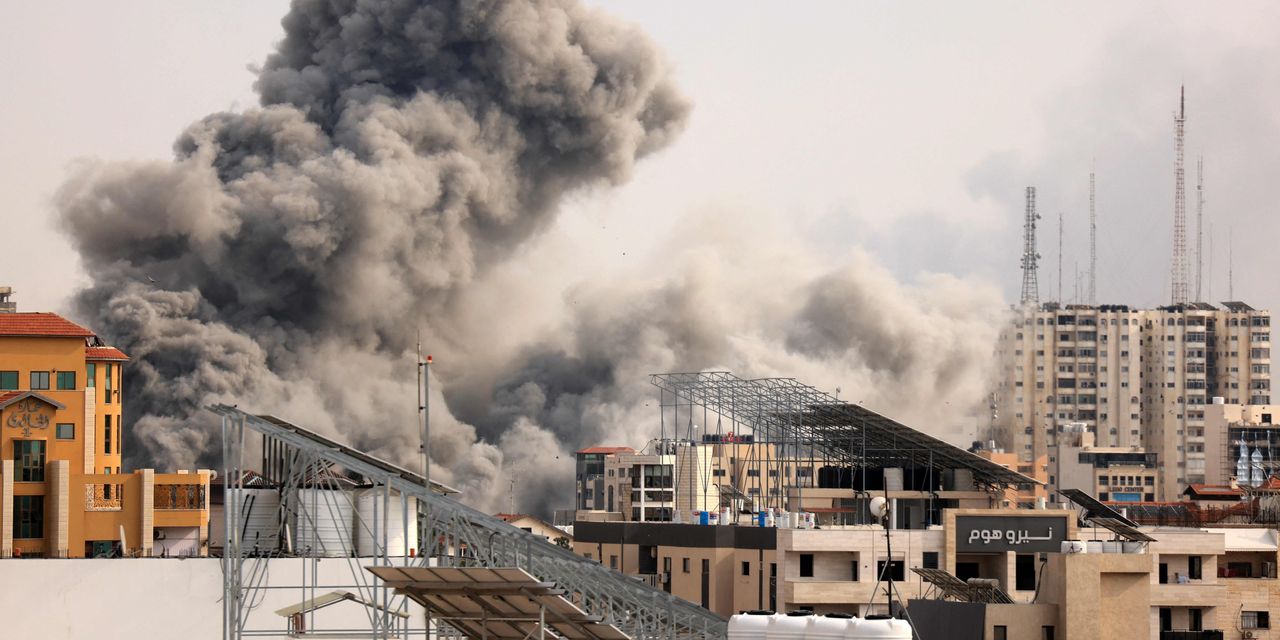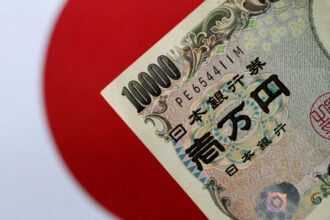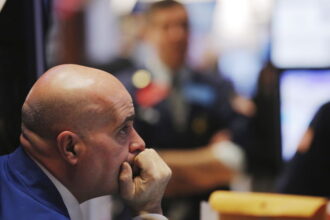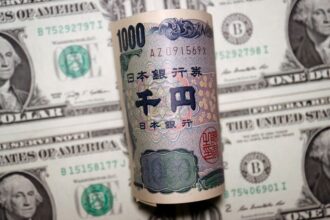Exchange-traded funds that invest in Israel-related stocks were under pressure on Monday as the country stepped up airstrikes on the Palestinian enclave of Gaza in response to Saturday’s unprecedented attack by the militant group Hamas.
The iShares MSCI Israel ETF
EIS,
a U.S.-listed fund tracking a market cap-weighted index of Israeli companies, tumbled 7.1% on Monday, suffering its largest daily percentage decline since March 16, 2020, according to Dow Jones Market Data.
The $131 million fund, the largest to track the region, saw modest inflows of $5.4 million last week, but it has recorded a total outflow of $2.6 million so far in 2023, according to FactSet data.
The VanEck Israel ETF
ISRA
dropped 5.7%, while the BlueStar Israel Technology ETF
ITEQ
fell 2.7%, according to FactSet data.
Cathie Wood’s ARK Israel Innovative Technology ETF
IZRL
also faced an immediate test, down 4.8% on Monday as investors closely watched events in the Middle East to gauge the risk to markets.
See: From $150 oil to no impact at all: What the surprise attack on Israel means to markets
The Israel-Hamas conflict stunned global financial markets on Monday. Israel declared war on Hamas after the Palestinian militant group staged a surprise attack over the weekend, killing nearly 1,600 people and wounding thousands on both sides, according to Associated Press.
Rising geopolitical risks spurred buying in safe assets like gold and the dollar, while boosting demand for the U.S. Treasurys.
Gold futures expiring in December
GC00,
rose 1% to settle at $1,864.30 per ounce on Comex, while the ICE U.S. Dollar Index
DXY,
a gauge of the currency’s strength against a basket of rivals, was nearly flat on Monday afternoon, at 106.04, after rising in the morning session, according to FactSet data.
U.S. stocks ended higher in volatile trade on Monday, with the large-cap benchmark S&P 500
SPX
up 0.6%, while the Dow Jones Industrial Average
DJIA
finished nearly 200 points higher, or 0.6%, and the Nasdaq Composite
COMP
advanced 0.4%, according to FactSet data.
Read the full article here










